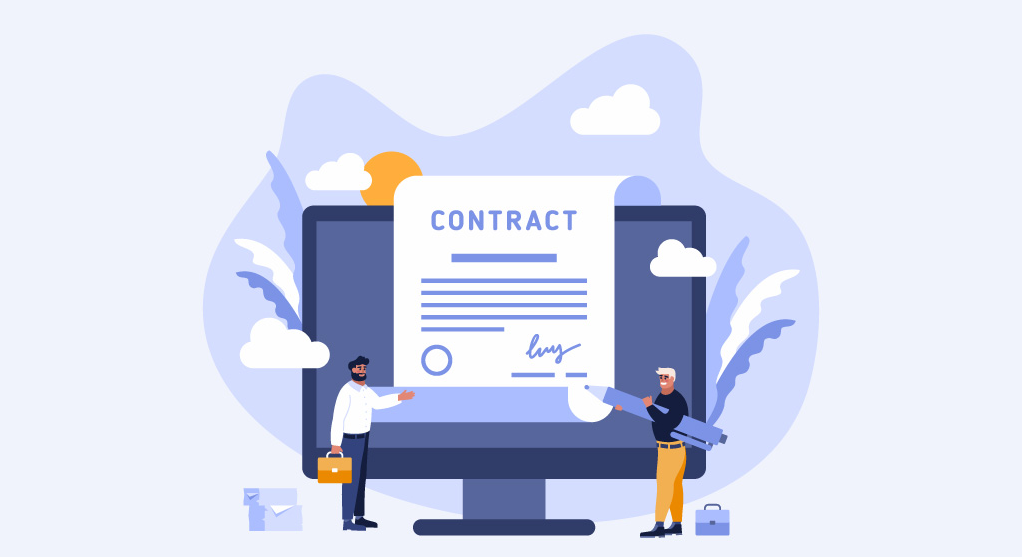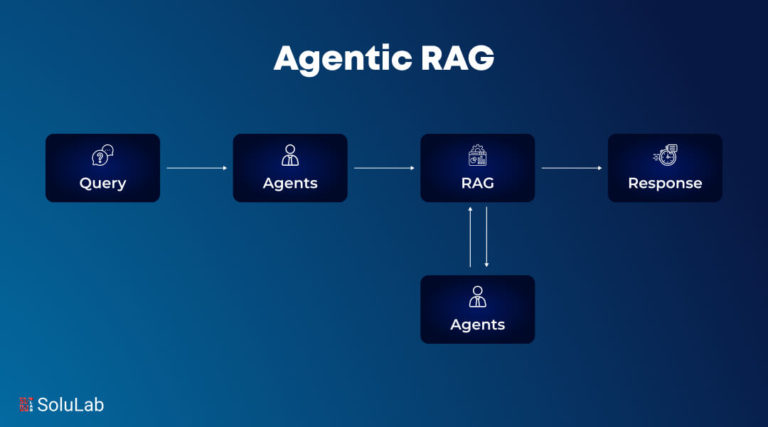
Introduction
Blockchain technology is one of the emerging technologies which enables users to store data in distributed ledger and decentralised networks. Blockchain technology has an application called smart contracts. Blockchain technology is limitless. Also, it helps people to imagine a world where all transactions take place digitally. Several nations are working on blockchain-based solutions.
With the use of digital currency on the blockchain, one would be able to track all the transactions, and further, it can be stored on the distributed ledger. A distributed ledger can be shared among different users in a blockchain network.
Blockchain has transformed several industries, and the legal sector is one of them in which it can make massive transformations. Merger and Acquisitions is one of the essential tasks, and it involves several legal works. Blockchain and smart contracts can make mergers and acquisitions hassle-free and straightforward.
With the use of smart contracts, several tasks in mergers and acquisitions would be automated. Blockchain would make the process of M&A faster, confidential and more straightforward. Also, it won’t be needing much validation, and even when a particular set of conditions would be fulfilled, the transaction will be done. Hence blockchain can be really advantageous for merger and Acquisition. In the below section, more emphasis is laid on the working of smart contracts.
How do smart contracts work?
A smart contract is analogous to the legal contract, it is a self-executing contract, in which several terms of agreements are hardcoded. A smart contract can be defined as the digital version of the standard paper, which automatically verifies when the conditions are fulfilled. Smart Contracts were invented by Nick Szabo, who is an American computer scientist and digital currencies researchers.
Every smart contract is executed in the blockchain network, and the same code of the smart contract can be founded in different nodes of the network. Also, it ensures transparency and facilitation and improves contractual terms’ performance.
An advantage of smart contracts is that it does not require any middlemen. Since every code of the smart contract is self-executable and verified by the nodes available in the network. Also, the removal of middlemen contracts helps to reduce the cost of counterparties.
Blockchain and Smart Contracts
Smart contracts are based on the blockchain technology and also known as the blockchain 2.0 version. A blockchain is a record or collection of blocks that are linked together with the use of cryptography. Blockchain technology is entirely different from the conventional database, as it does not have any centralized authority. All the data in blockchain stored is shared among all the nodes of the network. Also, the main advantage of blockchain is to control failures and attacks.
In the blockchain, data cannot be altered since if any alteration is needed to be done, it needs to happen in each node of the blockchain. All the transactions are stored in a block, and that block is linked with the chain. A new Block is formed when a hash of the previous block is created. A block is added to the blockchain in chronological order, and every block contains the cryptographic hash of the last block.
How do smart contracts operate?
For building any smart contract, one needs to determine the terms of contracts, like different terms of the contract. Once the contractual terms become fixed or finalized, all these conditions are written in the form of code. Every code in a smart contract would have several conditional statements that describe the legal terms of the contracts.
How can we make use of smart contracts for Mergers and Acquisitions?
For every big business, Mergers and Acquisitions play an essential role. All these significant transitions happen in incredible amounts of stress. During Mergers and Acquisitions, several concerns for employees as well as for company culture arise. Also, there are large numbers of technical concerns that arise with mergers and acquisitions.
In the current scenario, due diligence is a huge task during Merger and Acquisitions deals. But with the use of blockchain, several legal advisors and financial advisors won’t be needing a considerable time spent on recording data. Also, it will save a significant amount of money. With the use of self-driving blockchain-based contracts, merger parties would save huge time, and further improvement can be done, which needs a human touch.
Advantages of smart contract in Mergers and Acquisitions
- It reduces the cost – Several processes enabled using smart contracts require fewer intermediaries and interventions.
- Less number of Intermediaries – Smart contracts would be able to reduce reliance on other party intermediaries.
- It reduces execution risk – Smart contract reduces the manipulation, non-performance, and errors during execution. Also, it can be managed automatically on the network instead of an individual party
- Smart contracts increase accuracy – All the automated transactions are not only fast but also less prone to errors.
Importance of Blockchain
Distributed ledgers and several databases, does not require full trust in each other. Also, it maintains the consensus. Blockchain is a category or another form of distributed ledger technology. Several ways in which Blockchain can improve mergers and acquisitions.
It increases integrity and transparency
- It would be tough to alter data or delete any transactions.
- No intervention of any third party.
- One could be able to trace activities and transactions.
- Automates the auditing
Blockchain could be useful and preconstitute evidence for the agreement that takes place between two different parties. All several variables are taken in consideration such as price, timestamp, and fixed content.
Blockchain increases efficiency and interoperability
Blockchain prevents several issues like double spending, overwritten duplicate files. Since there is no middle man, one does not need to have a central administrator for maintenance of files. Also, blockchain is the best solution for interoperability.
Blockchain leads to privacy and flexibility
With the use of blockchain, one would be able to modulate powers and accesses. In Merger and Acquisition, several parties are involved, such as lawyers, investment bankers, mediators, tax and several accounting experts, guarantors, and appraisers. Every different role has its rights.
Blockchain makes networks more secure
In blockchain several nodes are there in the network, hence if anyone node fails, the network will still work.
It brings more understanding
With the use of machine learning and APIs, one can make calls to different data sources.
How you can use SPA as a smart contract
Smart contract as SPA would map the individual transaction, which makes tax considerations and due diligence. Contracts used for acquisitions would make the mechanism simpler. Also, it will help to avoid all the misunderstandings.
In M&A transactions, smart contracts would be able to replace earnouts, and it will present an example of how blockchain can revolute infrastructure. Earnouts are considered to be essential. Smart contracts used for M&A will reduce the risk in a huge amount. Also, during the intervals, all the earnings would be automated. Once the conditions would be satisfied, the payment would be made automatically.
Also, smart contracts would be quite complex, if more details and conditions would be established. However, the underlying work would be the same; underlying agreement and enforcement are systematic.
With the use of smart contracts, one can build algorithms that would be automatically indexed, and every transaction would be modeled. In order to make things easier, one can store information on a distributed ledger. In a distributed ledger, an individual would be able to make a review of the transaction efficiently, and it would also bring more clarification on several complicated transactions.
What kind of Blockchain would be useful for mergers and acquisitions?
A consortium blockchain would bring more confidentiality in the infrastructure; also, a confidential shareholder vote would be necessary. With the use of blockchain, once, can have complete transparency, and it will make work more hassle-free.
Also, with the use of a distributed ledger of transactions, it will reduce the work of reviewers like accountants, CFOs and lenders.
Conclusion
Blockchain technology is fascinating, and it still needs to experiment in the M&A deal. Also, it faces several obstacles, like cultural resistance. Also, very fewer people have shown interest in blockchain technology and use cases. It would require several test cases to run to make authorities more comfortable with the blockchain.
Also, with the use of smart contracts, several transactions would be automated when the conditions will be completed. Also, a basic structure would be there that will automatically pay buyers and sellers once the deal is made. Also, with the use of blockchain contracts, one would be able to trigger the payment.
Smart contracts would also be able to reduce the potential burden on administrators and would make it more appealing for both parties involved in the deal. With the use of blockchain and smart contracts, you can make M&A easier. Also, for more information, you can contact companies like SoluLab for more information. Also, several developers would assist you in building it for your firm. You can make work automated with the use of blockchain.
Quick Read: Underlying Problems of Smart Contracts And How To Deal With Them




